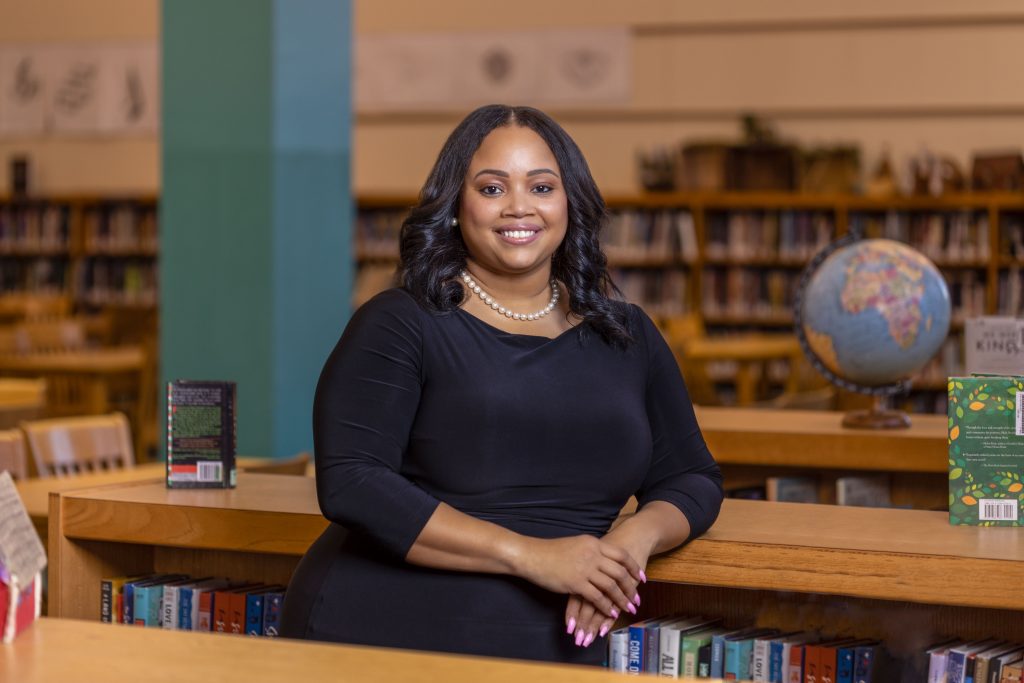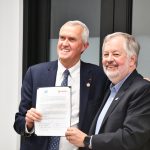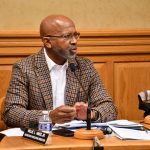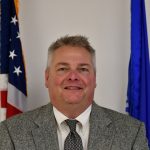MPS Foundation a Vital Resource
Nonprofit helps funds field trips, scholarships and other educational enrichment activities.
A PTA bake sale or selling candy bars door to door is unlikely to raise the kind of funds that large urban districts need to supplement tax dollars for field trips and scholarships. This is especially true in Milwaukee where 80% of its students are economically disadvantaged. That is where an independent foundation comes in, to go beyond the individual schools, tapping into corporate donors and philanthropic entities.
The MPS Foundation, established in 1998, works closely with the Milwaukee school district raising funds, with the district providing several district employees to work with the foundation. The foundation has grown from $1.2 million in revenues in 2018 to nearly $3.1 million in 2020, only to drop back to slightly more than $1.5 million in 2021, its annual federal 990 tax forms show. That money has been used pay for scholarships, school supplies, field trips, and other educational experiences.
It now begins a new era under a new director, Tiffany Tardy who was hired in February. She succeeds Wendell Willis, who left the foundation last September to take a job as managing director of the Milwaukee Bucks & Froedtert Health Equity Initiative. John Kersey, MPS Foundation Board President, hailed Tardy’s years of experience in higher education and nonprofit leadership, most recently as the managing director of programs for All-In Milwaukee – a coalition of education partners dedicated to helping limited-income, high-potential students graduate from college.
Tardy’s challenge will be to rebuild the foundation’s revenue. To that end, at the May 23 budget meeting, Milwaukee Public School directors Henry Leonard and Jilly Gokalgandhi proposed spending even more money devoting another employee to work with the MPS Foundation.
The proposal comes at a time when MPS has a shortage of educators and is underfunding the hiring of new employees by nearly $75 million, as Urban Milwaukee has reported. But Leonard and Gokalgandhi believe this is an investment worth making. In their rationale to add an additional employee, they stated that “the foundation has outperformed in the garnering of revenues as compared to several other communities with double the foundation number of personnel.” Whereas Milwaukee’s foundation has just three staff, they noted, the Madison Public Schools Foundation has 11 staff that raised $2.7 million, the Austin, TX foundation has nine staff who raised $3.9 million, and the Nashville, TN foundation has seven staff raising $1.8 million.
In a separate interview, Leonard told Urban Milwaukee that this allocation is well spent. “I would like to see us generating three times more money,” he said, and believes that adding another MPS staff member to support the foundation could generate those additional dollars.
“We could definitely support more schools,” Tardy told Urban Milwaukee. “There is the question of capacity of the foundation where we have only three team members trying to support the entire district.” The MPS foundation appears to run a lean operation. None of the board of directors are paid, and most of the funding goes into its projects.
MPS superintendent Keith Posley is in full support of adding a district employee to work with the foundation, noting in a statement that “it strives to provide rigorous, joyful learning experiences; promote equity for all MPS students; and help young people reach their full potential.”
The present MPS employees working with the foundation maintain their status with MPS, and their work is considered an in-kind donation. Leonard says that this arrangement has been cleared by the city attorney.
School fundraising may be seen as an admission that schools are not adequately funded by tax dollars. But Leonard says the foundation’s fundraising “should never be a replacement for tax funding.” Yet he has heard that from some in the state Legislature. “They have made statements ‘Would it ever be possible to generate enough funding to do better than supplemental for our schools?’ I said straight out, ‘No. That’s not even feasible.’”
In Los Angeles, individual school communities are able to raise money to hire additional teachers beyond the district’s budget, something that would not be allowed in MPS. “Schools are underfunded. Those foundations are trying to bridge the financial gap,” says Tardy. But she makes a clear distinction of the role of the MPS Foundation: “Trying to be a value-add to schools.”
All the activities she lists for funding by the foundation would not be normally found in the regular MPS budget. For instance, taking a group of students from Marshall High School to visit historically Black colleges. With the help of the foundation, they were able to raise $65,000 for this trip. She lists other activities: “Learning journeys, early childhood, workforce development, summer programs, summer meals, connect Milwaukee funds where we were able to get students internet connectivity and computers or Chromebooks during the pandemic. Those are direct dollars that the foundation is raising on behalf of the district.”
There is also the question of equity. Higher income school communities are able to raise additional funds while lower income school communities languish.
Tardy says fundraising efforts of the foundation are directed at benefiting the largest number of students possible. All first graders are going to the MPS farm. MPS does the coordination, but the foundation pays the bill. For trips to the zoo or public museum, MPS might pay in-kind for transportation and the foundation pays the entry fees. The foundation offers college scholarships, playground upgrades to schools in need, and “No Empty Backpacks” school supplies drives, all focused on leveling the educational divide.
The Foundation has also worked with individual schools in their fundraising efforts, for instance, actively supporting the efforts to expand and upgrade the facilities at Ronald Reagan High School. The $22 million renovation is a combination of federal and local dollars along with outreach for donations. Other well-connected MPS school communities such as German Immersion, School of Languages and Rufus King have their own well developed fundraising programs.
Leonard sees the need to ensure that fundraising, as well as the district’s budget, is equitable. At the same time, he acknowledges his support to raise $1.5 million for Alcott School in his district on the far southwest side for community art and music rooms and to develop after school programs.
The problem is not that some schools raise significant dollars, but that other schools raise less or none at all. Whether economically poorer schools could ever raise significant dollars is questionable. Yet Tardy is reaching out to more schools. “We have been going out and meeting with principals at schools, talking about how the foundation can help them become creative, how they can engage their alumni, how to do different types of fundraisers, while also being able to set up donations and accounts.”
The goal, she says, is “to be able to dream big and do the things they want to do.”
If you think stories like this are important, become a member of Urban Milwaukee and help support real, independent journalism. Plus you get some cool added benefits.
K-12 Education
-
The Unknown MPS Office
 Jun 26th, 2024 by Terry Falk
Jun 26th, 2024 by Terry Falk
-
Who Is Eduardo Galvan?
 Jun 19th, 2024 by Terry Falk
Jun 19th, 2024 by Terry Falk
-
How Will School Board Hire New Superintendent?
 Jun 10th, 2024 by Terry Falk
Jun 10th, 2024 by Terry Falk






















